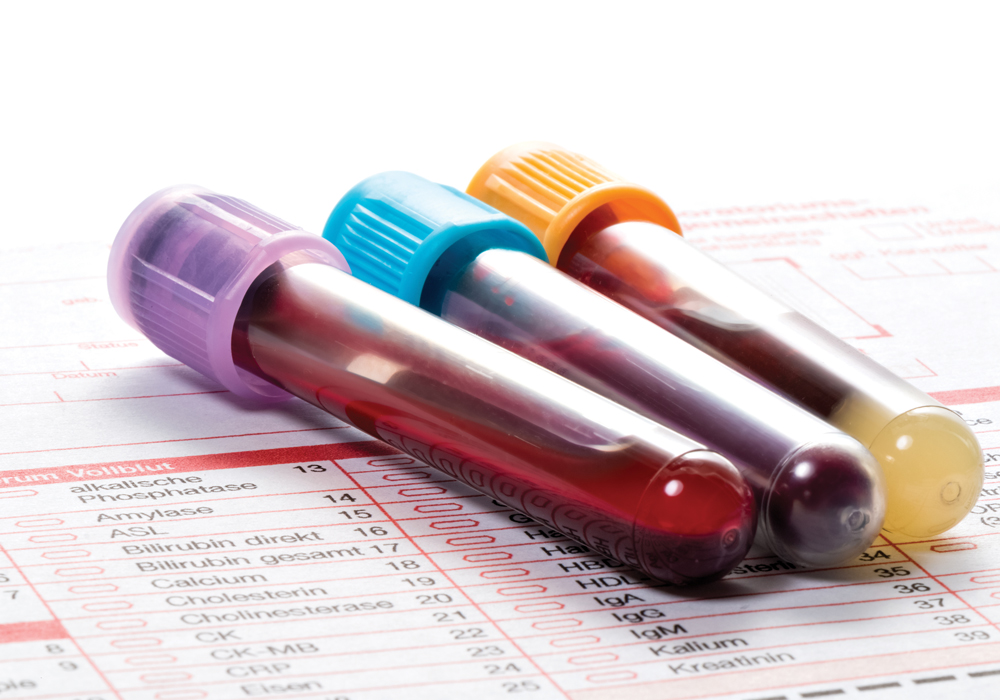Researchers have developed a test that detects tiny amounts of cancer-specific DNA in the blood and used it to accurately identify more than half of 138 people with early-stage colorectal, breast, lung, or ovarian cancers. The findings were published in Science Translational Medicine.
Although blood tests to detect cancer are in the preliminary stages of clinical development, circulating DNA alterations have been targeted as guideposts for detecting cancer early, in seemingly healthy people—but without risking high rates of false positives. For example, as blood cells divide, some acquire mutations, but in many cases they are not cancer-initiating. Researchers also need to weed out germline mutations, which occur as a result of normal variations between individuals and are usually not indicative of cancer.
In the current study, researchers looked for mutations in 58 genes linked to various cancers in blood samples from 200 patients with breast, lung, ovarian, or colorectal cancer. They detected 86 (62%) of the stage I and II cancers, with specificity varying by cancer type:
- Colorectal: 50% in stage I, 89% in stage II, 90% in stage III, and 93% in stage IV
- Lung: 45% in stage I, 72% in stage II, 75% in stage III, and 83% in stage IV
- Ovarian: 67% in stage I, 75% in stage II and III, and 83% in stage IV
- Breast: 67% in stage I, 59% in stage II, and 46% in stage III
No mutations were found in the blood samples of 44 healthy controls.
The researchers noted that the test needs to be validated in larger studies before it could be used clinically.






